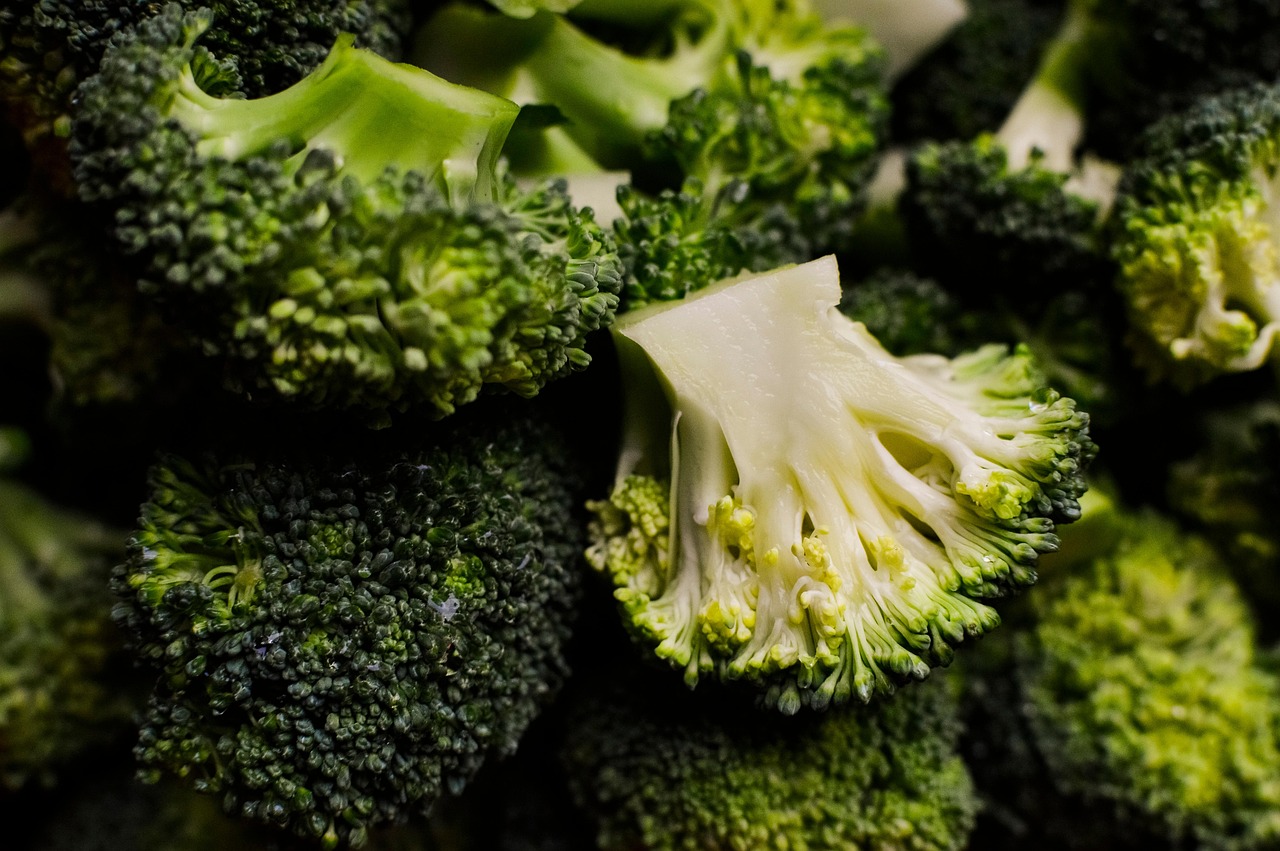The importance of hydration cannot be overstated. Whether you’re an athlete, a busy professional, or someone simply trying to maintain a healthy lifestyle, staying adequately hydrated is vital for physical and mental well-being. With constant reminders about the significance of water intake, many still struggle to maintain an optimal hydration level. This blog post will provide effective hydration tips, supported by practical examples and key insights to help you better understand how to incorporate hydration into your daily routine.
Understanding the Importance of Hydration
Hydration plays a crucial role in various bodily functions, including:
- Regulating body temperature: Water helps maintain your core temperature by sweating, which cools the body.
- Supporting joint health: Adequate fluid levels lubricate joints, reducing the risk of pain and injury.
- Enhancing cognitive function: Even mild dehydration can impair concentration, alertness, and short-term memory.
- Promoting digestive health: Sufficient water intake supports the digestive system and can prevent constipation.
Because of these crucial functions, recognizing the signs of dehydration is essential. Common symptoms include:
- Dry mouth and throat
- Fatigue and dizziness
- Dark yellow urine
- Headaches
Daily Water Intake Guidelines
So, how much water should you drink daily? While it varies from person to person, general guidelines can help set a foundation:
Recommendations by Age and Gender
- Adults: About 2.7 liters (91 ounces) for women and 3.7 liters (125 ounces) for men.
- Children: Varies by age; generally between 5-7 cups (40-56 ounces).
Factors Affecting Water Needs
- Activity Level: Increased activity requires more water intake.
- Climate: Hot weather leads to higher fluid loss through sweat.
- Health Conditions: Illness or pregnancy can escalate hydration needs.
It’s important to listen to your body and adjust your intake based on these factors. Consider keeping a water tracker to help monitor your daily hydration.
Hydration Strategies for Daily Life
Incorporating hydration into your daily routine doesn’t have to be daunting. Here are some practical strategies:
Use Visual Reminders
- Set alarms or reminders on your phone to drink water at regular intervals.
- Keep a visually appealing water bottle on your desk.
Flavor Your Water
Add natural flavors to your water by:
- Infusing it with fruits like lemon, berries, or cucumber.
- Using herbs such as mint or basil.
Make it a Habit
Incorporate hydration into your routine by:
- Drinking a glass of water first thing in the morning.
- Having a glass of water with every meal.
Choosing Hydrating Foods
Hydration can also come from food sources. Include hydrating foods in your diet, such as:
Water-Rich Foods
- Fruits: Watermelon, strawberries, oranges
- Vegetables: Cucumber, celery, lettuce
Recipes for Hydration
Consider creating meals that emphasize hydration:
- **Fruit Salad**: Combine watermelon, cantaloupe, and oranges for a refreshing dish.
- **Veggie Stir-Fry**: Use plenty of bell peppers, zucchini, and broccoli to add nutrients and water content.
Hydration and Exercise
During physical activities, hydration becomes even more critical. Here’s how to manage your fluid intake:
Pre- and Post-Workout Hydration
- Before Exercise: Drink 16-20 ounces of water at least 2-3 hours before working out.
- After Exercise: Aim to replace lost fluids by drinking 16-24 ounces for every pound lost during the session.
Electrolyte Balance
For intense workouts exceeding an hour, consider:
- Consuming sports drinks to replenish electrolytes.
- Including foods rich in potassium, sodium, and magnesium.
Conclusion
Staying hydrated is not just about drinking water; it’s about making hydration a consistent part of your lifestyle. By understanding your daily water intake needs, incorporating hydration strategies, choosing hydrating foods, and adjusting for exercise, you can significantly improve your health and well-being. Remember, hydration is a crucial component of a healthier lifestyle, so take these tips to heart and make them a part of your daily routine. Cheers to better hydration!



